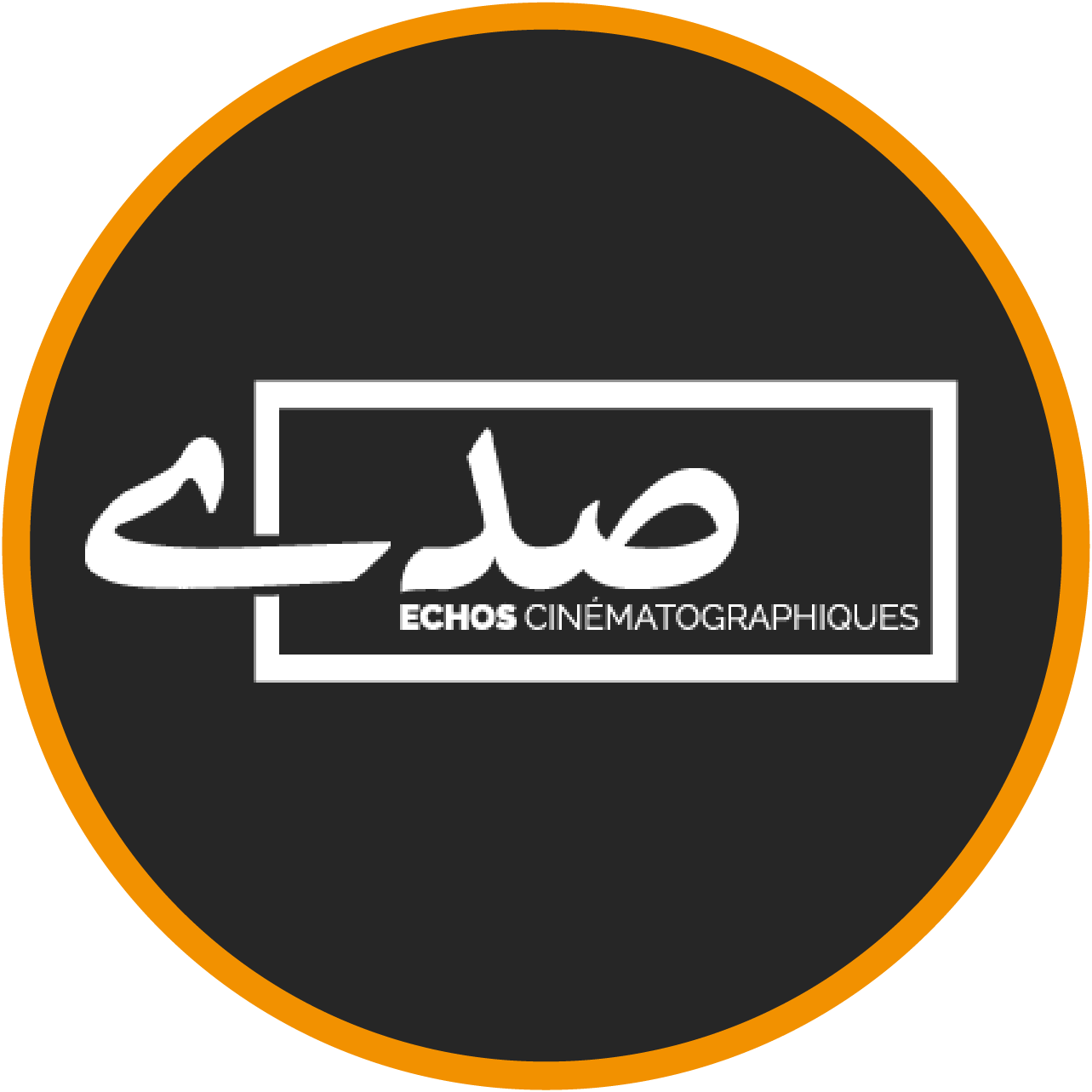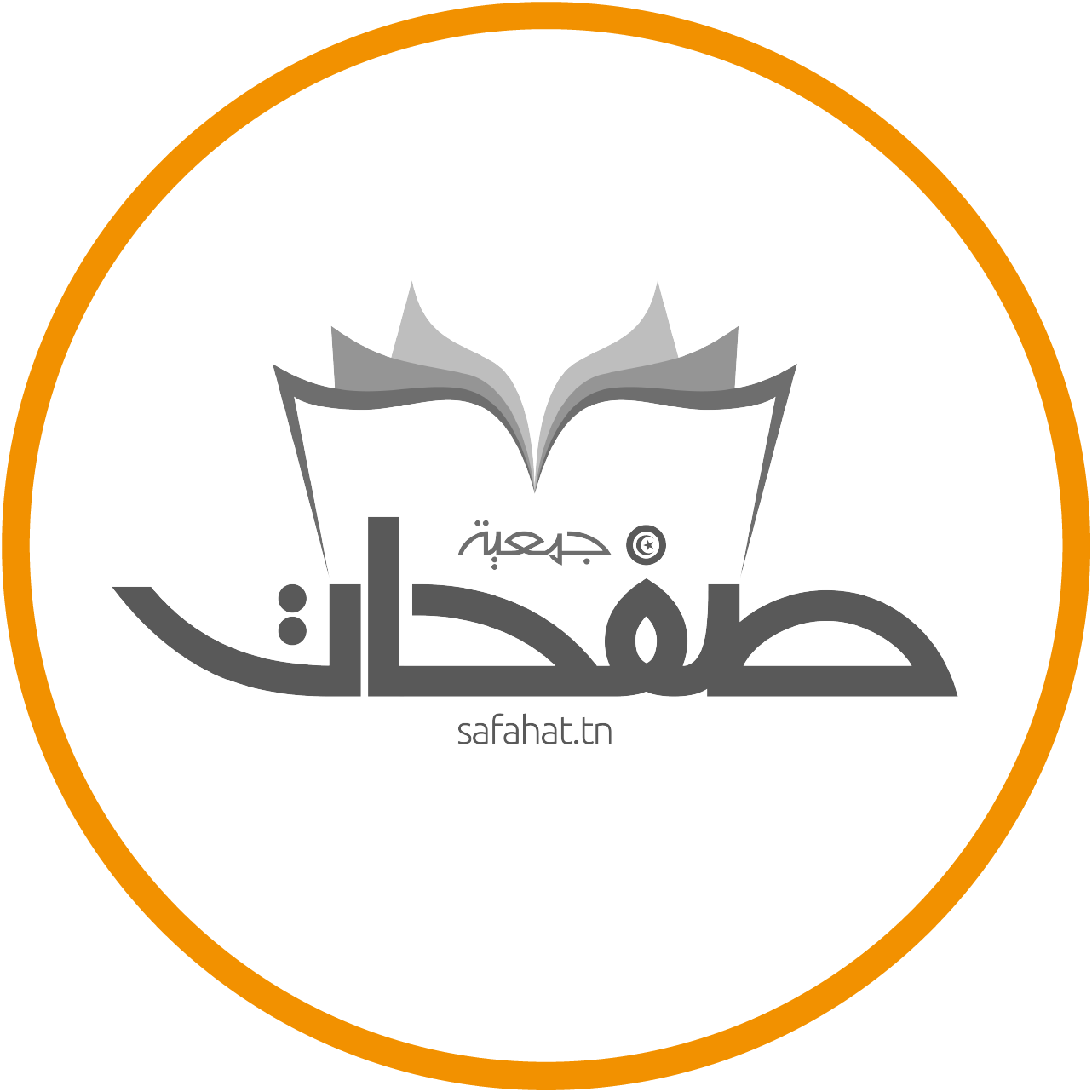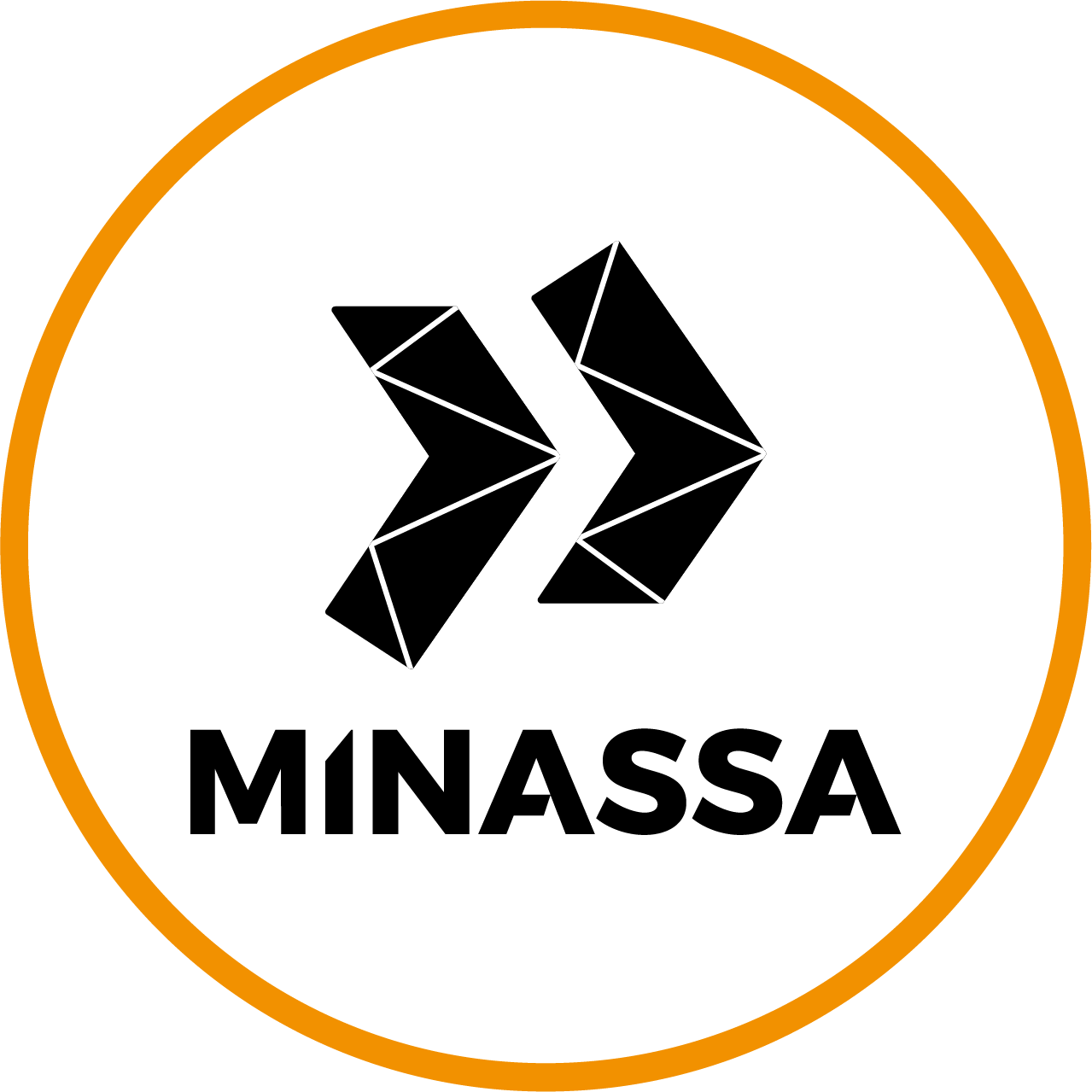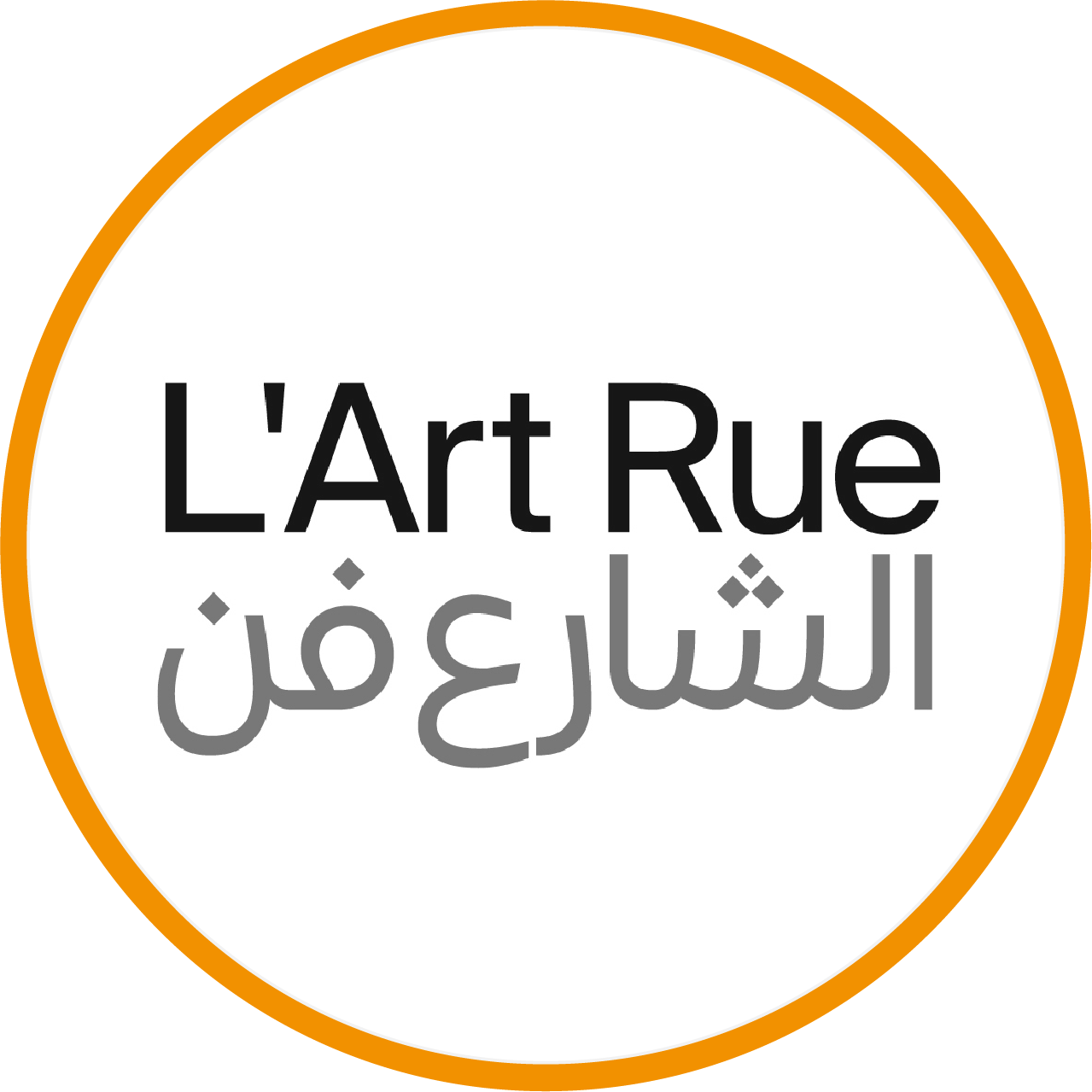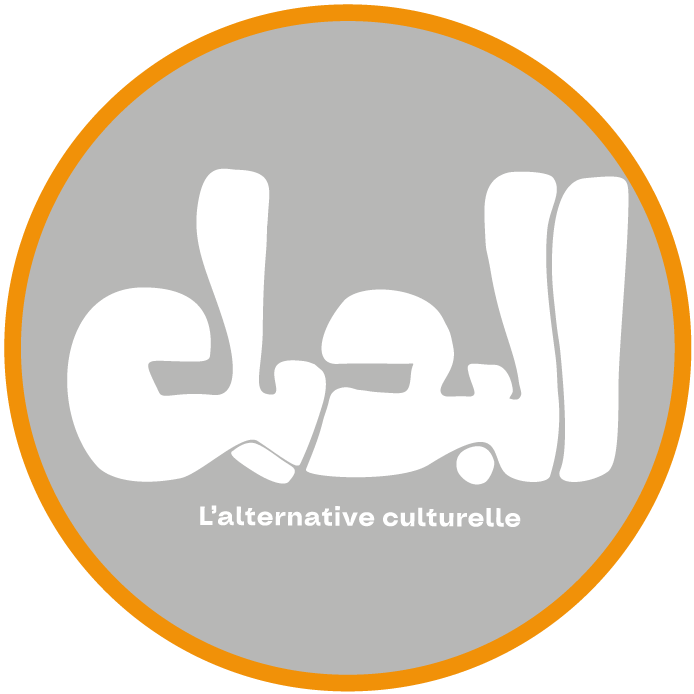A look back at L’Art Rue and Massari’s Cultural Mediation training course

Tunisia’s artistic and cultural scene has been booming for over ten years, with a multitude of major events such as Dream City, Gabès Cinéma Fen, Jaou and the JCC. However, beyond these events, a crucial question arises: what is the place of mediation around cultural events? Cultural mediation plays a fundamental role in this sector, especially at a time when inclusion is highly valued. Indeed, mediation is more than just an act of communication, it facilitates dialogue between artists, artworks and audiences. It builds bridges between different communities, fostering mutual understanding and encouraging the exchange of knowledge and experience. By providing a space where diverse voices and narratives meet, mediation contributes to enriching local culture while strengthening citizen engagement.
Until now, Tunisia has had only one specific branch of higher education dedicated to mediation. In response to this need, the training organized by L’Art Rue and Massari focused on current issues linked to the role of the mediator and cultural rights, with the aim of training competent professionals in this field. This first module, entitled “Concepts and issues of cultural mediation / Cultural mediation as a meeting point,” seeks to expand participants’ perspectives on the various contexts and methods of mediation, while reinforcing their analytical skills to effectively design and organize projects.

The training program combined theoretical contributions, presentations by experts, field visits, practical group work and role-playing, reinforcing active learning. Participants were invited to familiarize themselves with the fundamental issues of cultural mediation, to understand its different forms, and to analyze mediation mechanisms to better support cultural projects. In the first call for applications for the training course, a total of 103 applications were received from 16 governorates, illustrating the growing interest in cultural mediation in Tunisia.
Candidates were selected in two stages: first, an evaluation of applications based on criteria such as familiarity with cultural mediation tools and language skills, followed by individual interviews to assess communication and commitment skills. In the end, 15 candidates were selected to take part in this enriching program.
At the end of the course, the 15 successful candidates had the opportunity to develop their ideas for cultural mediation projects, which they presented to a panel of experts. This moment of sharing enabled them to obtain constructive feedback, helping them to move their projects towards a concrete implementation phase.

It is essential for the Massari program to evaluate the impact of these initiatives on the Tunisian cultural scene, as they foster the emergence of more inclusive and participatory practices. We would also like to point out that a second, more targeted cultural mediation module is planned for 2025. This new component will enable future candidates to deepen their knowledge and perfect their skills.

